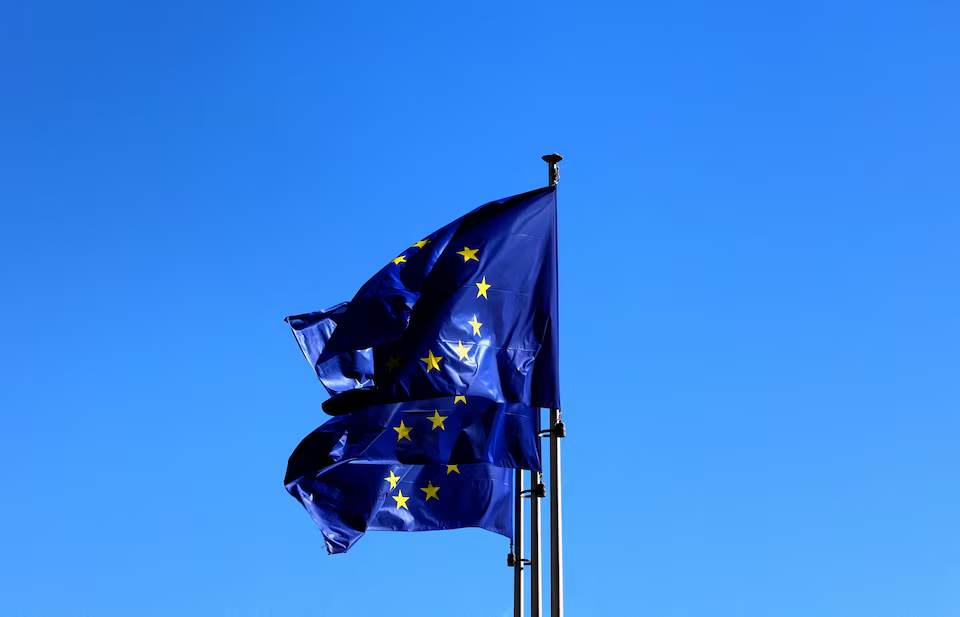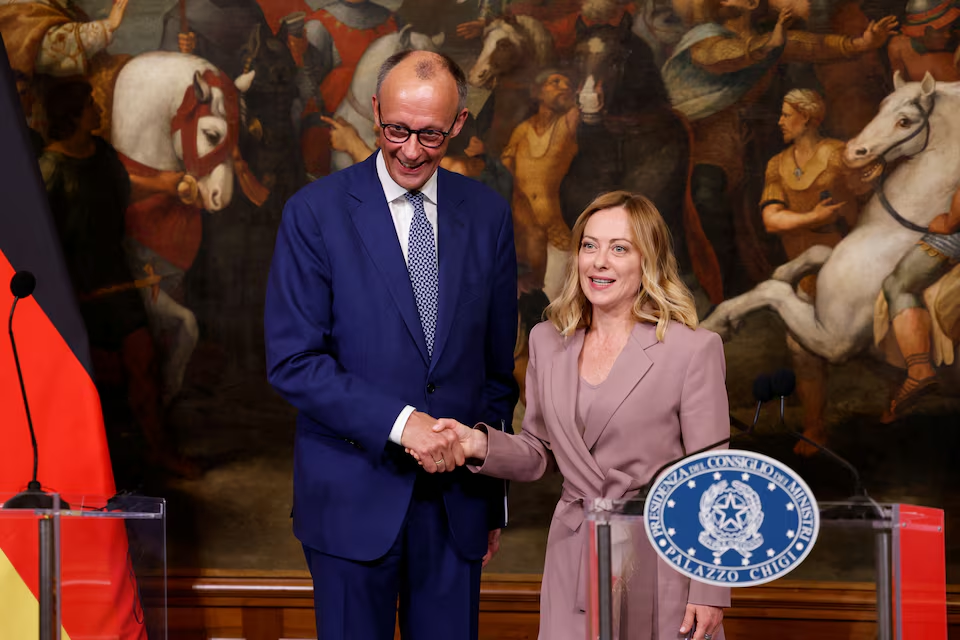A coalition of European leaders has called on the European Union to reform its immigration laws to make it easier to expel foreign nationals convicted of crimes, amid growing public pressure over security and integration challenges.
The demand was spearheaded by French President Emmanuel Macron and supported by leaders from Italy, Austria, the Netherlands, and Denmark, who issued a joint statement during a high-level meeting in Brussels on Wednesday. The leaders argued that current EU laws and procedures make it excessively difficult to deport non-EU citizens with criminal records, thereby undermining public confidence in the bloc’s immigration system.
“Our citizens expect Europe to protect them,” Macron said. “We must be able to expel foreign nationals who pose a serious threat to our security and who do not respect our laws.”
The call for tougher expulsion measures comes as Europe grapples with a string of high-profile crimes involving migrants and asylum seekers, which have fueled the rise of far-right parties in several EU member states. Politicians across the political spectrum are now under pressure to show a tougher stance on immigration enforcement.
Under current EU law, deporting foreign nationals can be delayed or blocked due to legal appeals, lack of identification documents, or non-cooperation from countries of origin. The proposed reforms would seek to reduce administrative hurdles, speed up the appeals process, and strengthen cooperation with third countries to facilitate repatriation.
Italian Prime Minister Giorgia Meloni voiced strong support for the proposal, stating, “We cannot allow bureaucratic delays or diplomatic inertia to put our citizens at risk. Those who abuse our hospitality must be sent home swiftly.”
The joint push also includes a request for the European Commission to draft new legislation allowing EU nations to coordinate deportations more effectively and to impose visa restrictions on countries that refuse to take back their nationals.
However, human rights groups have raised concerns about the potential for abuse and the erosion of legal protections for migrants. Amnesty International warned that blanket policies targeting foreign offenders could lead to disproportionate actions, racial profiling, and violations of due process.
“Every individual deserves a fair trial and protection against arbitrary expulsion,” said Eve Geddie, Amnesty’s representative to the EU. “Governments must not sacrifice human rights for political convenience.”
Despite those warnings, public sentiment across Europe appears to be shifting in favor of stricter immigration controls. A recent Eurobarometer survey found that more than 60% of EU citizens believe their governments are not doing enough to deport foreign criminals.
European Commission President Ursula von der Leyen acknowledged the mounting pressure and said the Commission is open to exploring reforms. “We will study the proposals carefully, keeping in mind both the security of our citizens and the legal obligations we must uphold,” she said.
The issue is expected to feature prominently in next month’s European Council summit, where immigration and border security will be central topics. With European Parliament elections approaching in 2026, many leaders are keen to demonstrate action on a politically charged issue that continues to influence national debates.
As governments seek a delicate balance between safeguarding public safety and upholding EU values, the push for easier deportations may become a defining test of Europe’s approach to migration, justice, and human rights in the coming years.
Source: Reuters



